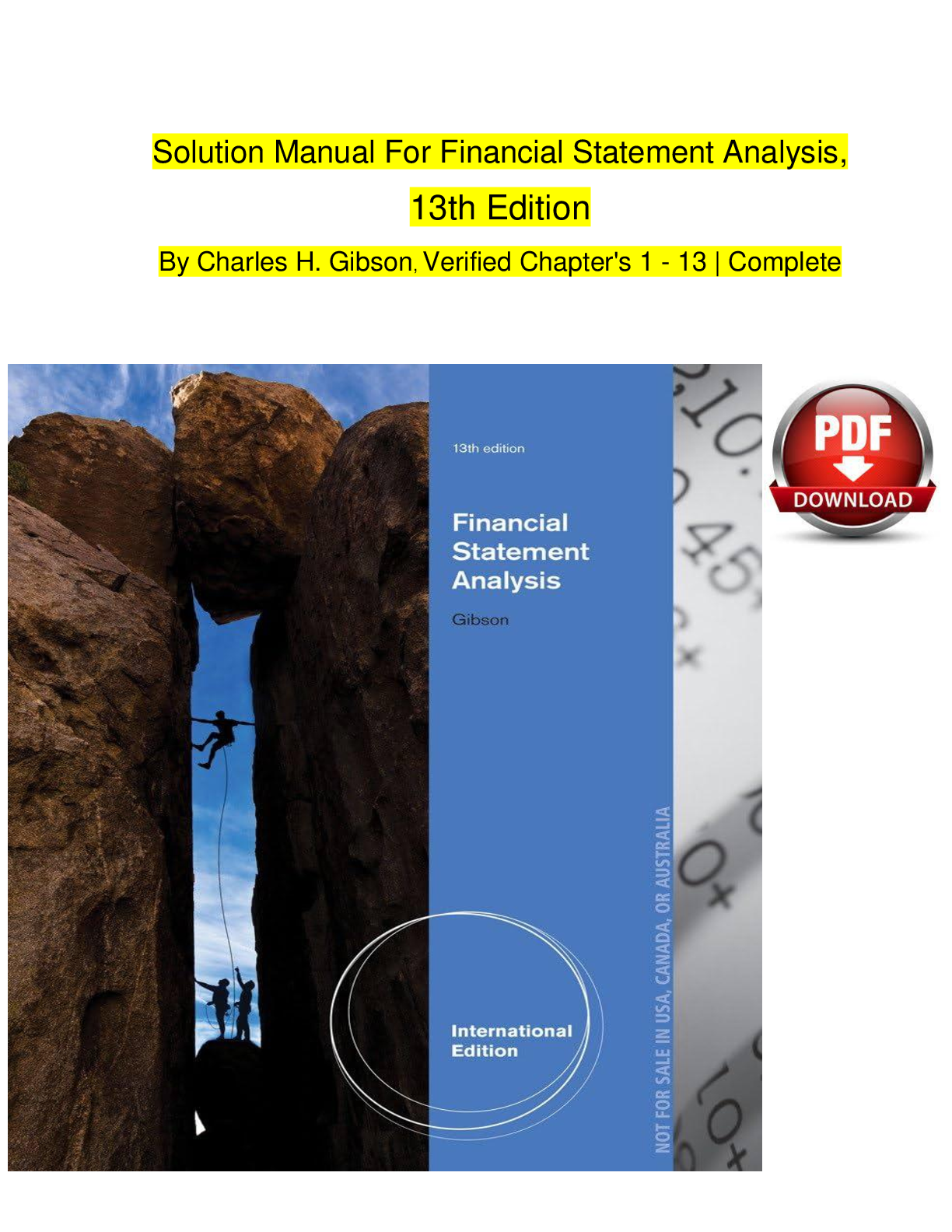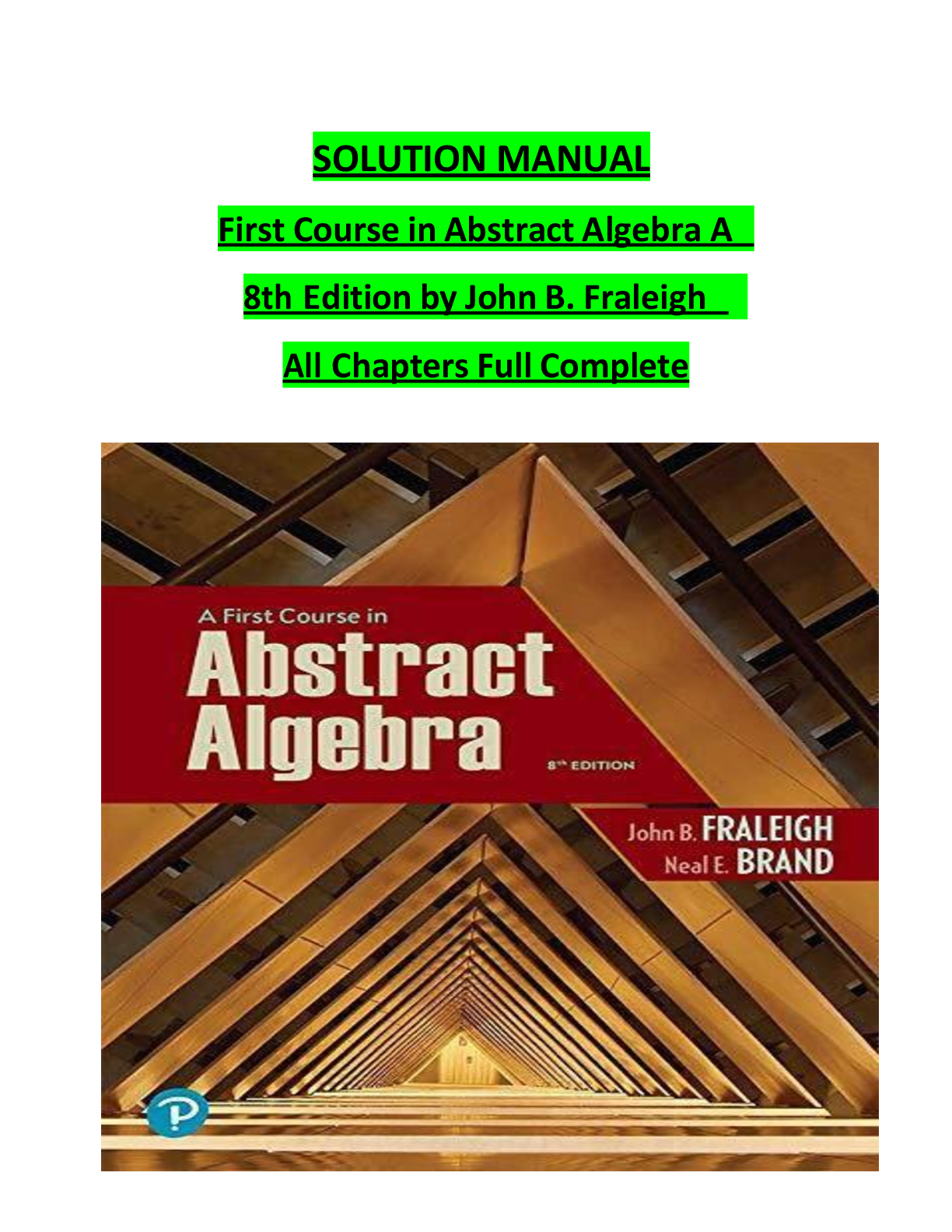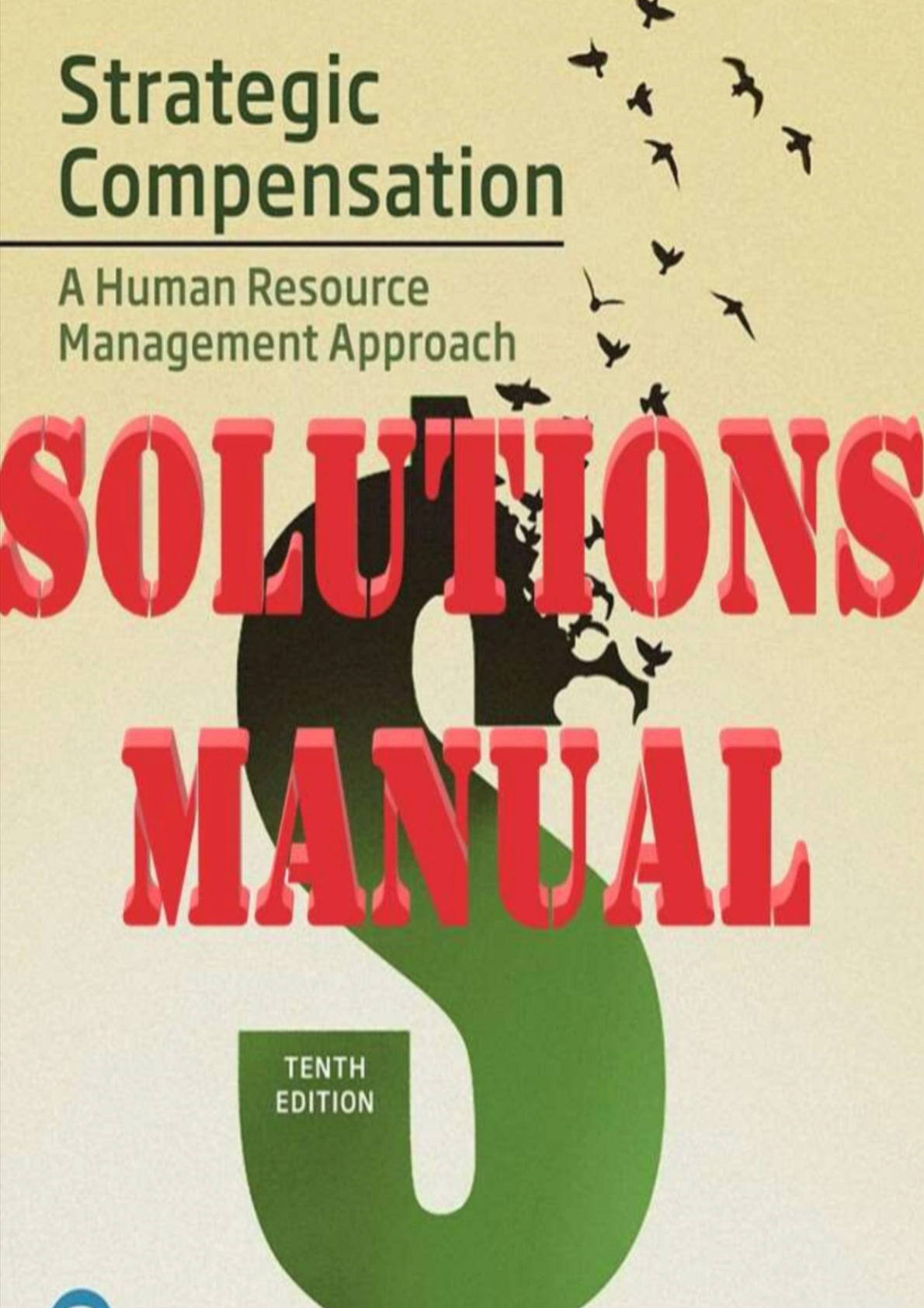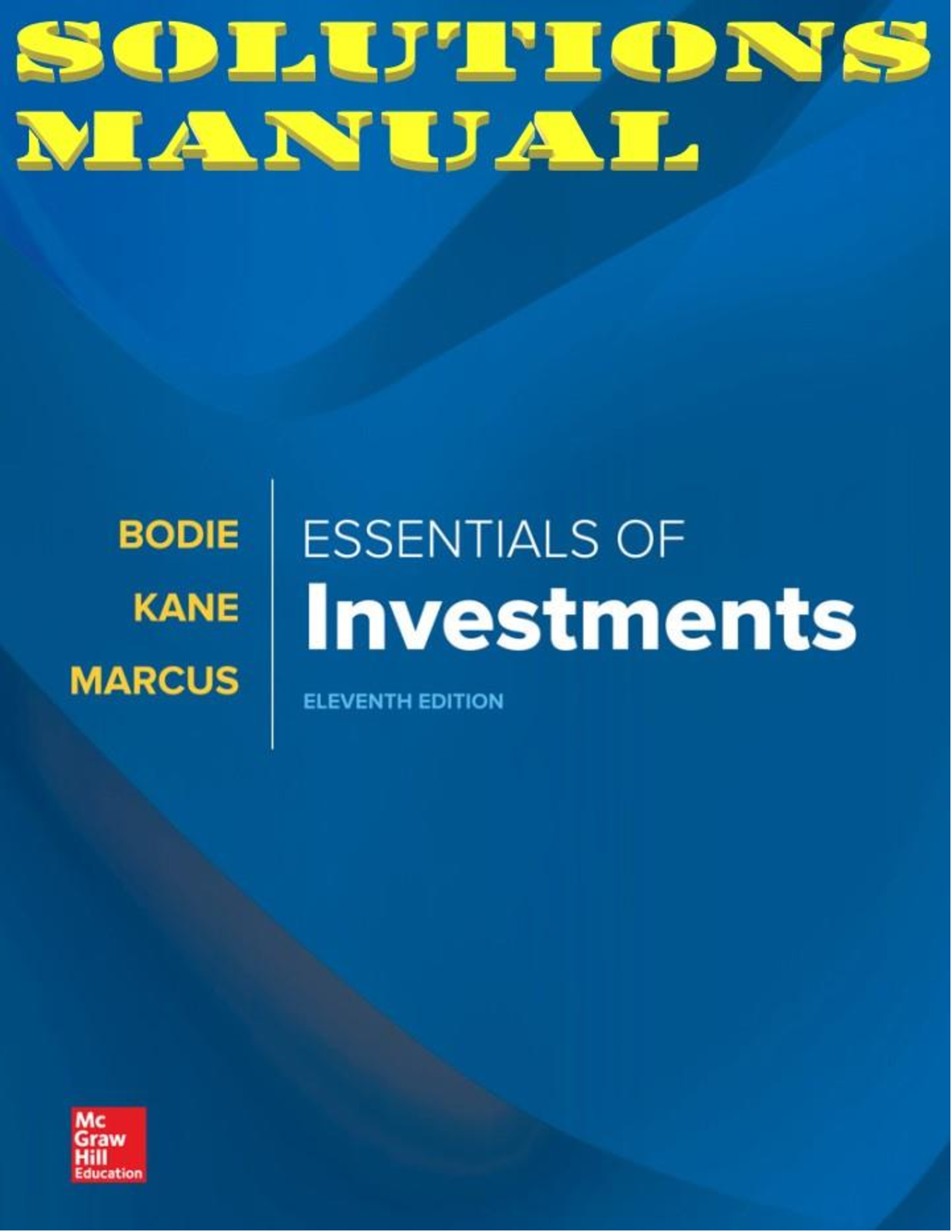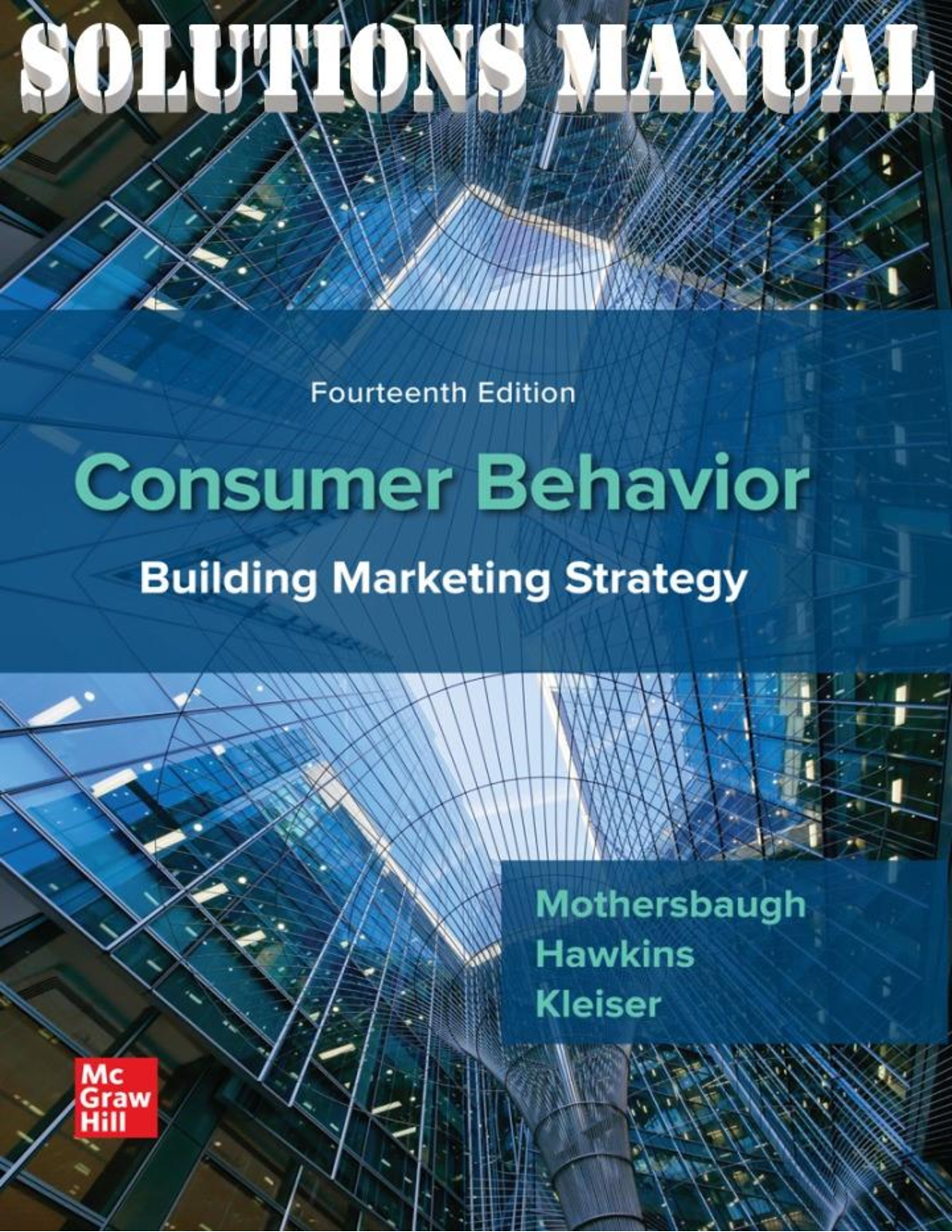Economics > SOLUTIONS MANUAL > Harvard University - ECONOMICS 1051PS8_08spr-solutions. (All)
Harvard University - ECONOMICS 1051PS8_08spr-solutions.
Document Content and Description Below
Problem Set 8 Solutions Economics 1051 Spring 2009 1. Bargaining. It is November 1st, and Angus and Bronwen are arguing over how to divide the remainder of their left-over trick or treat candy. T ... hey decide on the following rules. On Nov. 1st, Angus will make Bronwen an offer [sA(1); sB(1)] where sA(1) + sB(1) = 1. If Brownen accepts then Angus gets a share sA(1) of the candy and Brownen gets a share sB(1). If Brownen refuses, the noone gets any candy on Nov 1st. In this case, on Nov. 2nd, Brownen gets to make Angus an offer [sA(2); sB(2)] where sA(2)+sB(2) = 1. If Angus accepts then Angus gets a share sA(2) of the candy and Brownen gets a share sB(2). If Angus refuses, then noone gets a candy on Nov 2nd. In this case, on Nov. 3rd, Angus will make Bronwen an offer [sA(3); sB(3)] where sA(3) + sB(3) = 1. If Brownen accepts then Angus gets a share sA(3) of the candy and Brownen gets a share sB(3). If Brownen refuses, the noone gets any candy on Nov 3rd. In this case, on Nov. 4th, Brownen gets to make Angus an offer [sA(4); sB(4)] where sA(4) + sB(4) = 1. If Angus accepts then Angus gets a share sA(4) of the candy and Brownen gets a share sB(4). If Angus refuses, however, then all the candy is thrown away by their parents. There is a catch. Both Angus and Bronwen are hungry and impatient for candy so they discount candy tomorrow. For Angus, each day, one candy tomorrow is worth only δA candy today where δA < 1. For Bronwen, each day, one candy tomorrow is worth only δB candy today where δB < 1. It is commonly known that Angus and Bronwen are rational and that they are not interested in distributive justice. You may also assume that each of Angus and Bonwen accepts an offer whenever he or she is indifferent. a) What do you expect to happen, and what allocation of candy would arise if δA = δB? Explain your reasoning carefully. Solution. We use the backward induction. On day 4, Brownen will offer [sA(4); sB(4)] = [0; 1]: indeed, Angus must accept any offer ["; 1 − "] for " > 0, and is indifferent between accepting and rejecting offer [0; 1]; hence, equilibrium requires that Brownen offers [0; 1] and Angus accepts. On day 3, Angus anticipates this, and knows that he must offer Brownen at least δB = δ: if he offers less, then Brownen would prefer 1 on day 4 to this smaller amount on day 3. Hence, [sA(3); sB(3)] = [1 − δ; δ]. [Show More]
Last updated: 2 years ago
Preview 1 out of 4 pages

Buy this document to get the full access instantly
Instant Download Access after purchase
Buy NowInstant download
We Accept:

Reviews( 0 )
$7.00
Can't find what you want? Try our AI powered Search
Document information
Connected school, study & course
About the document
Uploaded On
Apr 05, 2021
Number of pages
4
Written in
All
Additional information
This document has been written for:
Uploaded
Apr 05, 2021
Downloads
1
Views
308



.png)





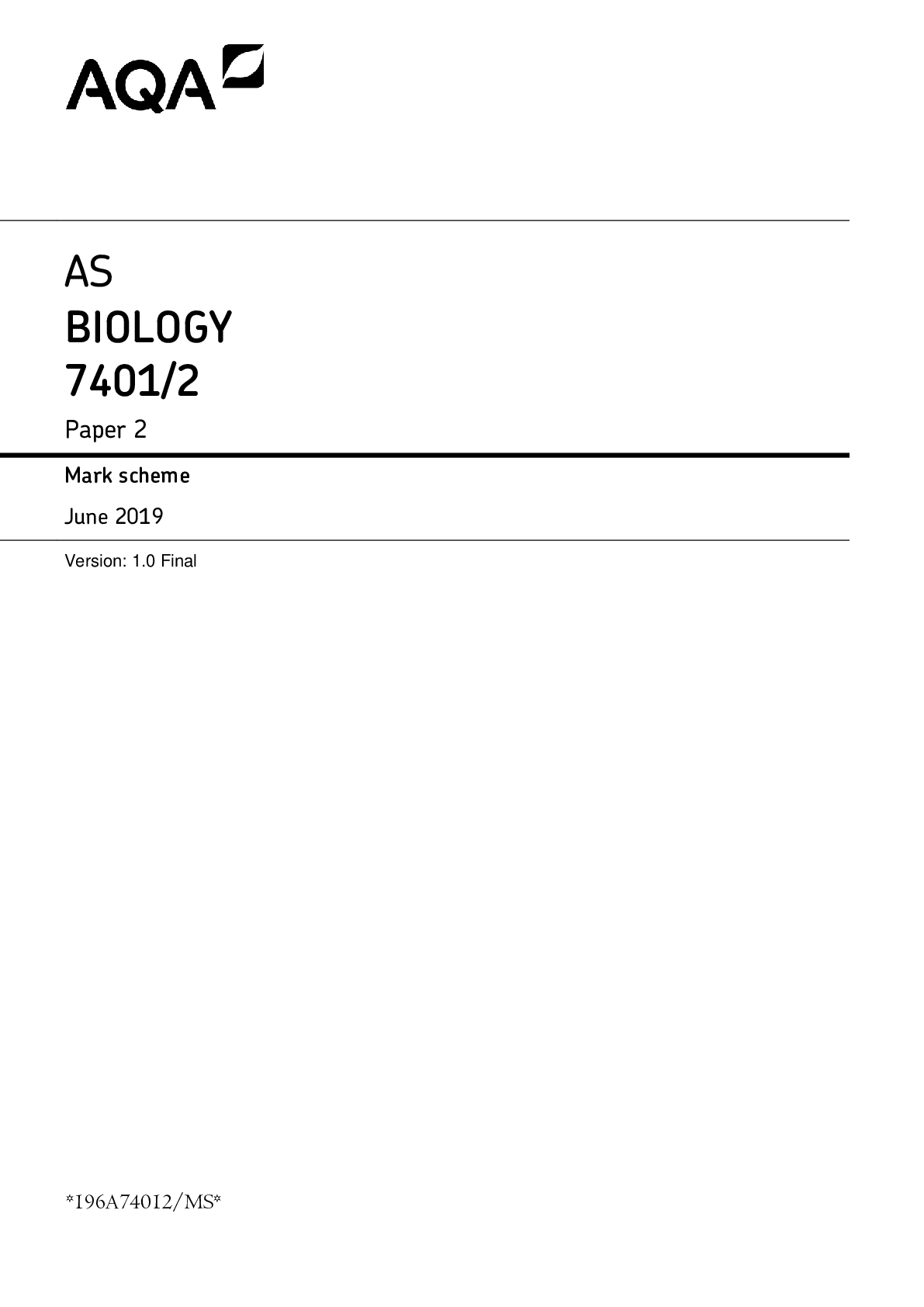

.png)





